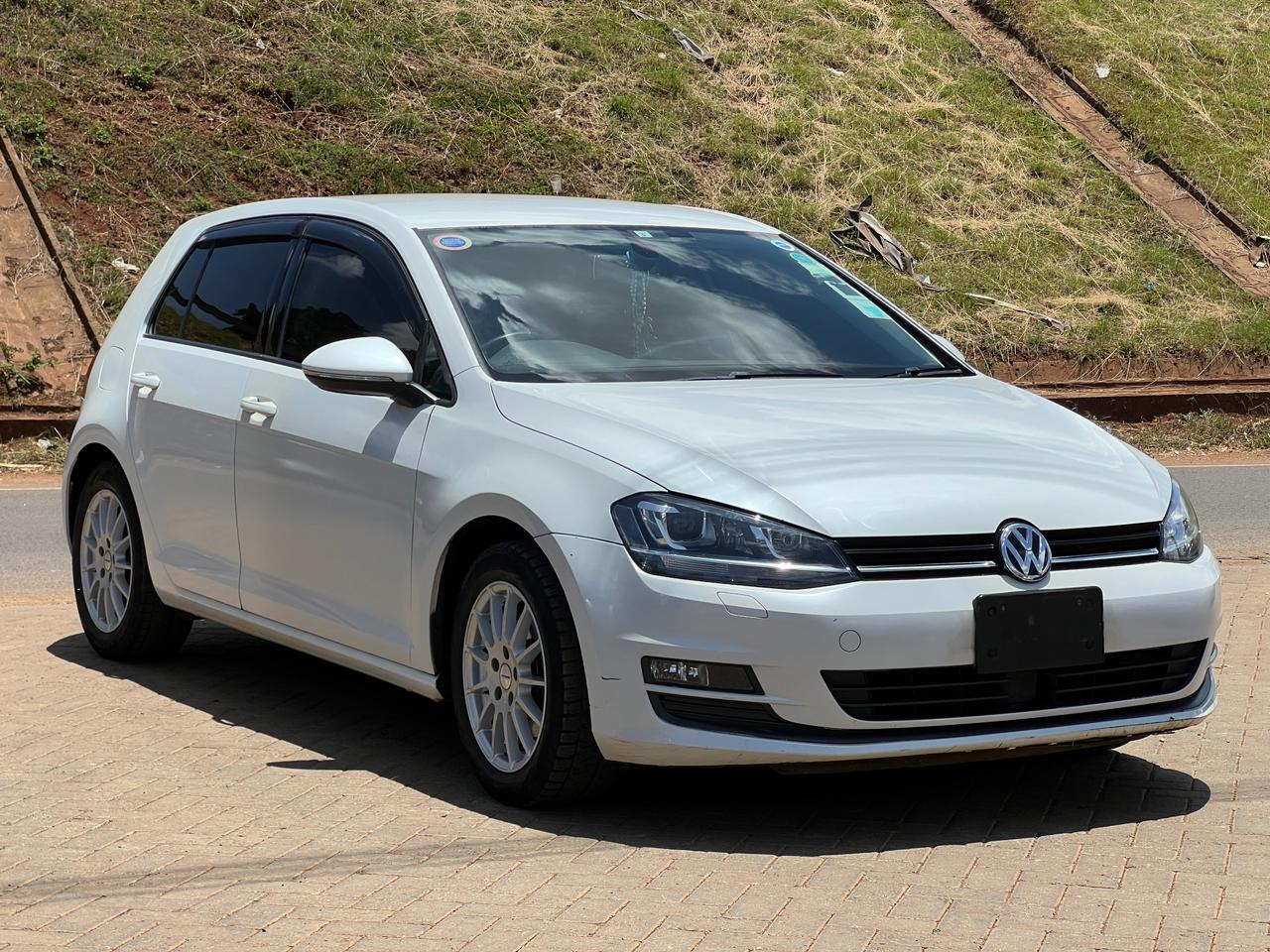How to Avoid Car Import Scams in Kenya (Complete 2025 Guide)
Code & Clutch • Car Dealership & Import Agency
How to Avoid Car Import Scams in Kenya (Complete 2025 Guide)
Importing a car to Kenya should be exciting—not risky. Unfortunately, fake dealers, invoice tricks, and vanishing “agents” make it hard to know who to trust. This guide pulls back the curtain on how scams work, how to protect your money, and why partnering with Code & Clutch keeps you safe from inquiry to delivery.

Why car import scams happen in Kenya
The car import pipeline has many moving parts—sourcing, inspection, shipping, clearing, duty payments, and registration. Scammers exploit information gaps: they know most buyers haven’t seen the inside of a Japanese auction house or a shipping bill of lading. If you’re not sure what the right document looks like or how long each stage should take, it’s easy for a fraudster to insert themselves, ask for an “urgent payment,” and disappear.
Common motivations include: up-front cash grabs, price switching after commitment, selling accident-damaged units (“grade R”), or delivering a different trim/engine than agreed. Good news: once you learn the red flags and follow a documented process, these tricks become obvious—and avoidable.
1) Upfront-fee Disappear
✖ “Reserve your unit now—send 70% today.” Money is sent. Agent vanishes. No auction access, no shipping booking, nothing to track.
2) Invoice Switch
✖ Buyer is quoted a sweet “all-inclusive” price, then the agent adds “unexpected port charges” or “auction revisions” later. The final price balloons.
3) Grade & Odometer Lies
✖ A Grade 4.5 auction car magically becomes Grade 3 after shipment—or the odometer isn’t original. Without the auction sheet verification, you won’t know until too late.
Top red flags to watch for (save this checklist)
- Untraceable payments: Demands for cash, personal M-Pesa numbers, or “friends & family” transfers.
- No physical address or landline: Only a mobile number and a Facebook page.
- Impossible timelines: “We deliver from Japan in 10 days.” Typical shipping is ~30–45 days, plus clearing.
- Prices too good to be true: If the quote is far below market, suspect grade issues or hidden charges.
- Reluctance to share documents: No auction sheet, no pro forma invoice, no bill of lading, no inspection cert.
- Pressure tactics: “Pay now or you lose the unit,” with no proof of reservation or auction bid.
- Shaky online footprint: Brand-new social pages, stock photos only, fake reviews with no detail.
How to verify a car import dealer or agent
Verification is your shield. Before you send even 1 shilling, run through this simple process:
- Confirm identity & presence: Visit the showroom or office. Note the location, signage, staff, and landline. Ask for the company registration name and PIN.
- Ask for past deliveries: Request 3–5 recent deliveries with photos and (if possible) client initials and delivery months. Look for variety in units and locations.
- Demand sample documents: A blank template of their pro forma invoice, sample auction sheet, sample bill of lading, and KEBS/inspection certificate. These should look professional and consistent.
- Check bank details: Payments should go to a company account matching the legal entity, not a personal account.
- Get timelines in writing: From sourcing to shipping to clearing. Reasonable timelines reflect real logistics.
- Use a contract: Outline responsibilities, refund conditions, grade/trim expectations, and recourse if terms aren’t met.
Safe payment methods (and what to avoid)
Payments are where most losses happen. Keep your money safe with these rules:
Safe: Company Bank Transfers
✔ Pay to a company account whose name matches your contract and invoice. Keep your deposit staged—e.g., 30% to initiate sourcing/bid, balance after shipment booking and document proof.
Safe: LC or Escrow (for high-value)
✔ For luxury units, a letter of credit or escrow can protect both parties. There are fees, but risk drops dramatically.
Avoid: Cash / Personal Numbers
✖ Cash leaves no trail. Personal M-Pesa or PayPal “friends & family” are unfit for business purchases. Decline politely.
Documents you must see (and what they mean)
Don’t guess—verify. Here are the documents that anchor a safe import:
1) Pro Forma Invoice (PFI)
Issued by the dealer before purchase. It states the agreed unit (make, model, year, chassis/VIN if known, grade), price, and terms. If the details are vague (“Toyota Axio – tbd”), insist on specificity before paying.
2) Auction Sheet (for Japan)
The auction sheet is your car’s “report card.” It shows grade (e.g., 4.5, 4, 3.5), mileage, options, and any accident/repair notes. Cross-check the sheet’s auction house watermark and chassis/VIN data with public decoders or through your dealer’s live access.
3) Bill of Lading (B/L)
Issued after shipment. It lists the shipper, consignee, vessel, voyage, and unit details. Use the B/L number to track the vessel. If your agent can’t share a B/L weeks after payment, pause further transfers.
4) Inspection Certificate (KEBS or equivalent)
Confirms roadworthiness and compliance. Without this, expect delays at Mombasa and potential penalties. It should match your unit’s chassis/VIN.
5) Duty/TAX Evidence (KRA)
When your vehicle arrives, KRA taxes (import duty, excise duty, VAT, RDL) must be paid. Request evidence of payments or a breakdown that syncs with your KRA assessment. Use a KRA Import Duty Calculator to estimate costs in advance.

The safe import timeline (step-by-step)
Here’s a realistic, scam-resistant timeline you can compare against any promise you hear:
- Consultation (Day 0–2) — Define your budget, fuel type, transmission, trim, mileage targets. Deliverables: short list of suitable models and sample auction sheets.
- Bid & Reservation (Day 3–7) — After a small commitment deposit (e.g., 20–30%), your dealer bids on confirmed auctions. Deliverables: winning bid proof, auction sheet, PFI with chassis/VIN.
- Pre-Shipment Inspection (Day 7–14) — KEBS or equivalent. Deliverables: inspection pass, photo set of the unit.
- Shipping Booking (Day 14–21) — Vessel schedule confirmed. Deliverables: booking reference and estimated arrival window.
- Transit (Day 21–60) — Typical sail time to Mombasa is ~30–45 days, depending on origin and transshipment. You can track the vessel using B/L details. Deliverables: scanned B/L, periodic tracking updates.
- Arrival & Clearing (Day 60–75) — Port handling, duty/tax payments, and release. Deliverables: tax breakdown, release documents.
- Registration & Delivery (Day 75–85) — NTSA registration, plates, logbook processing. Deliverables: handover, receipt pack, after-sales onboarding.
Real stories & lessons (anonymized)
Story 1: The Disappearing Agent
A buyer paid 70% upfront to a “friend-recommended” agent. No company account, no showroom. After two weeks, the agent stopped picking calls. There was no B/L, no inspection, and no paper trail. Lesson: Big deposits to personal accounts are a hard no—ever.
Story 2: The Grade Switch
A client was promised Grade 4.5. The car delivered had visible paint mismatch and interior wear more typical of Grade 3.5. The contract never mentioned the grade in writing. Lesson: Put the exact grade/trim/mileage in the contract and keep the auction sheet on file.
Story 3: Hidden Charges
“All-inclusive” turned out to exclude port handling, storage, and clearing fees. The buyer added 300k+ at the end. Lesson: Demand an itemized quote and compare with a duty calculator before you begin.

Why Code & Clutch is a safer choice
Transparent Pricing
We give you a written, itemized quote (vehicle price, shipping, clearing, taxes) and stick to it. No mysterious add-ons.
Document-First Process
From the auction sheet to the B/L, we share documents proactively and explain what each means—before any major payment.
Trackable Stages
We provide timeline updates you can verify—vessel tracking links, arrival notices, and clearance milestones.
After-Sales & Support
Insurance set-up, service scheduling, and resale advice come standard. Your relationship with us continues beyond delivery.
Client References
We can share anonymized past deliveries (with permission) so you can see variety and recency. Real cars, real people.
Calculator & Education
Use our KRA Import Duty Calculator and guides to understand costs before you commit—knowledge beats fear.
SEO Corner: Phrases buyers search (and we answer)
- “How to import a car to Kenya safely” — Use this guide + our checklist to vet any dealer.
- “Car import scams in Kenya” — Red flags, documents, and payment rules explained simply.
- “KRA import duty calculator” — Estimate taxes early to avoid hidden charges.
- “Best car dealership in Kenya for imports” — Look for transparent pricing, documents, and after-sales support (our specialty).
Frequently Asked Questions (Kenya)
Is it safer to import or buy from local stock?
Both can be safe. Imports give you more choice and often better pricing; local stock is instant. With us, your risk is low either way because the process and documents are the same: transparent and trackable.
How big should my first payment be?
For imports, a staged deposit (e.g., 20–30%) is reasonable to initiate bidding and inspection. Larger amounts should only follow documented milestones like shipping booking and B/L issuance.
Can I verify the auction sheet?
Yes. We’ll walk you through it and, when possible, show the live listing. You’ll see grade, mileage, and notes directly from the source.
How long does it really take?
Typical total timeline is ~75–85 days end-to-end (model-dependent). Anyone promising 2 weeks for a Japan import is not being honest.
What if the car delivered isn’t as agreed?
That’s exactly why the contract and auction sheet matter. We specify grade, mileage range, trim, and color. If it doesn’t match, we resolve it according to the contract—before handover.

Ready to import safely with Code & Clutch?
Book a 10-minute consultation and get an itemized quote, estimated KRA duty, and a realistic delivery timeline—before you pay a cent. We’ll also share sample documents so you know exactly what to expect.
Code & Clutch • Safe car imports from Japan, UK, Singapore • Transparent pricing • Real documents






Comments
Post a Comment